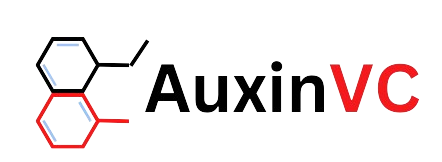According to the Forbes report, family offices face an advanced strategic investment environment in 2025 driven by changing worldwide economic conditions, technological disruptions, and geopolitical threats. As we have seen an increase in cyberattacks on the healthcare industry, family offices should also understand that malicious people are increasingly seeking them, given their management of vast amounts of wealth and sensitive data. Financial records and strategic plans can expose breaches that acknowledge plans, making this a troubling development that could significantly impact their long-term stability. The sector is poised for another dynamic year, with private market assets under management expected to surpass $15 trillion globally by 2025.
The global economy has proven resilient despite inflation, increasing interest rates, and geopolitical pressures. However, family offices must deliberately diversify, actively manage risk, and embrace innovation to navigate this environment successfully. Family offices can unlock new investment opportunities and solidify their position for long-term success by understanding the key trends reshaping private capital markets and leveraging cutting-edge platforms. For startups with visionary ideas, companies like Auxin ventures focusing on pre-seed startups offer a catalyst for innovation in emerging companies, particularly in the automation, AI, and sustainable growth sectors.
So, let’s understand the private capital market
The private capital markets are transforming significantly, and investors must stay ahead of developing trends to make informed decisions.
Top four factors driving growth
Dealmaking confidence is expected to rise throughout 2025 after comparatively quiet merger and acquisition (M&A) activity. Four strategic factors have driven this expected renewal.
- Reduced uncertainty for better financial development opportunities
Primary elections in significant economies such as the United Kingdom and the United States have previously relieved some uncertainty, slowing the dealmaking process. A stable political environment gives investors confidence to close deals with greater conviction. Dealmakers anticipate an increase in deal activity in 2025, with strong investor sentiment.
- Valuation differences are not a big issue for successful deals
The gap between the buyer and seller has been the key challenge in the past year. The gap between buyer and seller price expectations slowly converges, enabling more effective transaction completion by 2024. As 2025 begins, optimism is growing, mainly in the US, where the Federal Reserve rate cut and new government policies are expected to encourage Merger & Acquisition (M&A) activity.
- Stabilize interest rates helps the economy grow
Expected borrowing cost stabilization follows the moderate inflation reaction by changing central banks’ interest rates. According to a report by Deloitte, lawmakers find stable interest rates especially favorable because they enable more predictable valuations and financing expenses.
- Always remember the importance of Reliable data
Early indicators suggest a strengthening deal environment. The global private equity deal volume rose from 4,327 in the year’s first quarter to 5,137 in the fourth quarter. Private equity firms have significant unused capital yet to be invested. As industry analysts report, the pressure to deploy this capital is mounting, and dealmakers are actively looking for attractive opportunities to use these funds.
The need to use the capital will also encourage firms to push deals forward and is expected to enhance deal activity. Auxin Venture focuses on pre-seed startups. It plays a prominent role in identifying and nurturing promising opportunities within a dynamic environment.
Private Debt A Growing Trend in The Financial World
Driven by creative financial solutions and macroeconomic factors, the private debt market is ready for ongoing growth in 2025. Private debt is increasingly prominent in leveraged buyout (LBO) financing. Data from Bain & Company indicates that private debt accounted for 86% of LBO loans in 2023, a notable increase from 65% in 2021. This trend will likely continue since private equity businesses increasingly depend on private credit to fund acquisitions and expansions.
Because they prioritize steady, risk-adjusted returns, institutional investors, including insurance firms and pension funds, remain major participants in private debt.
AI’s New Role in the Investment Financial Environment
Private capital markets are rapidly transformed by artificial intelligence, which improves asset management, value models, and risk management. Private equity firms are using AI for better decisions and more efficient operations. This change happens at a time when government regulations are becoming strict. Tax modifications could affect deal structures, whereas increasing SEC attention stresses transparency. Stricter antitrust rules aim at market concentration, while difficulties for multinational businesses are presented by complexity in cross-border investing. As firms adapt, Specialized investors like Auxin Ventures, whose focus is on AI-driven automation, enable them to identify and support firms leading technological change.
Navigating this environment and balancing technical innovation with administrative requirements and regulatory demands are crucial for success. Only 2% of private equity firms expect AI advantages in 2025, and 93% anticipate moderate to substantial benefits within five years.
Let’s Shape the Future of Investment Together
In 2025, family offices must accept strategic diversification, adjust to changing investment platforms, and navigate the complex global environment to secure long-term financial success. Auxin Ventures helps these firms guide every decision and action. Auxin’s commitment to ethical growth and global impact ensures a fair balance between success, people, and sustainable development. A resilient investment strategy will depend on embracing technological integration, stressing ESG-focused investments, and knowing the impact of regulatory shifts.


